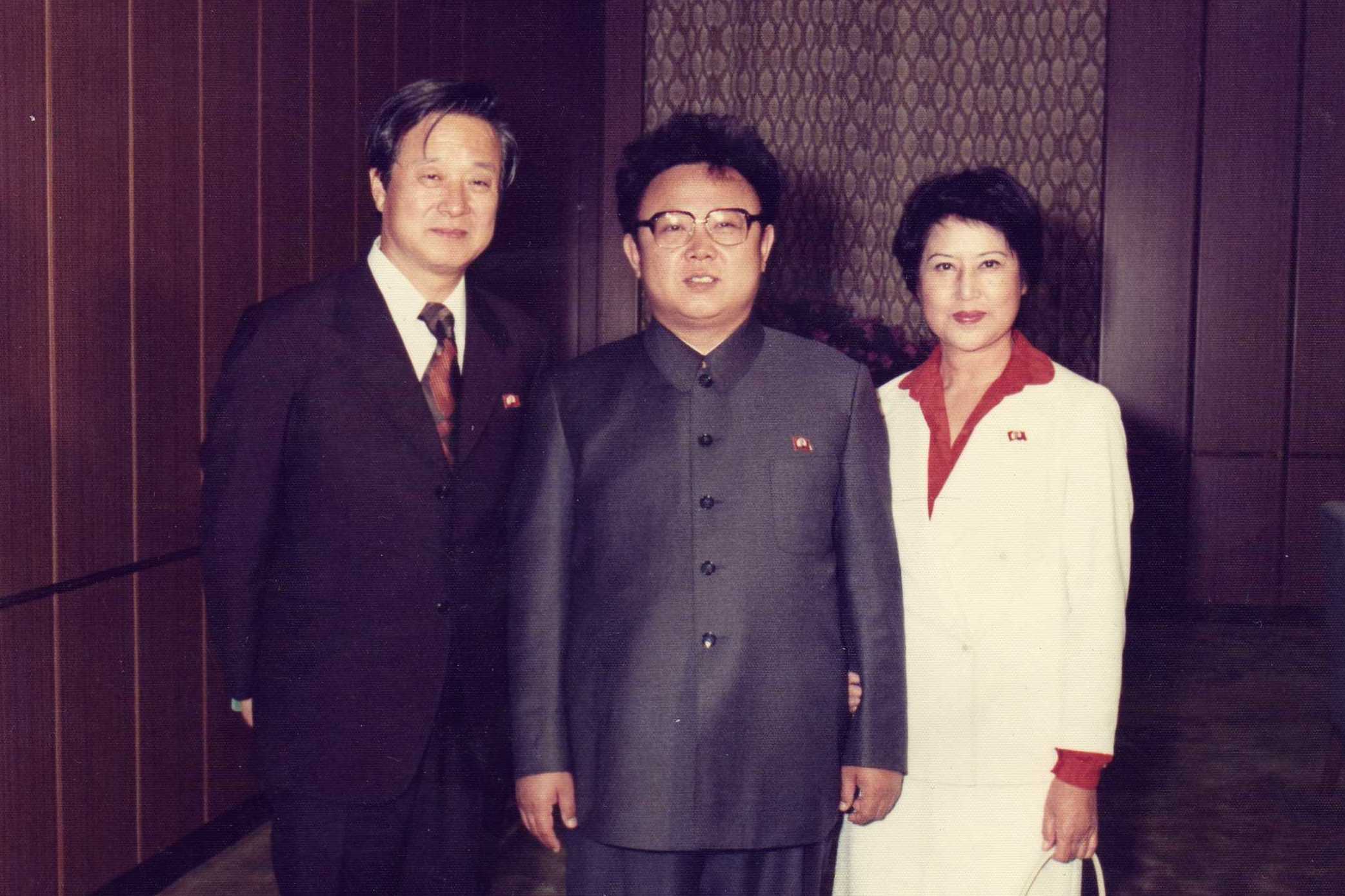This is a reprint of our review from the 2016 Sundance Film Festival.
We’re a little over a year from the semi-aborted release of “The Interview,” Seth Rogen and Evan Goldberg’s comedy that passed almost instantly into legend when (supposedly) North Korean hackers attacked the film’s backers Sony in retribution for the film’s satirical portrait, and fictional killing of, the country’s dictatorial leader Kim Jong-Un.
READ MORE: Exclusive: Romance Blooms In Clip From Documentary ‘The Lovers And The Despot”
So it’s perhaps a little surprising to see another movie premiering at Sundance that hits similar territory: again focusing on a North Korean leader (Kim’s late father Kim Jong-Il) and his infatuation with celebrity, touched with some espionage and dark humor. The difference this time is that Rob Cannan and Ross Adam’s film “The Lovers And The Despot” tells an entirely true story.
It’s one that you might be familiar with in the broad strokes, but likely not in this kind of detail. From the 1950s onwards, Shin Sang-ok was one of South Korea’s most famous filmmakers, making prize-winning box-office hits and even having his own studio, Shin Films. He was also married to one of his actresses, Choi Eun-hee, who’d been a big star in Korean cinema since her debut in 1947, and who helped run the company.
READ MORE: Watch: Trailer For ‘The Interview’ As Directed by Kim Jong-un
Their fairy-tale romance seemingly came to an end when Shin had an affair and fathered two children with a younger actress, and they divorced in 1976. And then Choi disappeared, on a visit to Hong Kong. And then Shin, who’d gone in search of her, disappeared, too. As it would turn out, they’d both been kidnapped, on the orders of North Korean leader Kim Jong-Il, who was fed up of his country’s movies (“Why do all of our films have the same ideological plots? There’s nothing new about them. Why are there so many crying scenes? All of our films have crying scenes”).
It’s an extraordinary story, as terrifying as it is absurd, and if you’re a newcomer to Choi and Shin’s tale, it’s hard to imagine a better entry point. Though it’s not hard to imagine this given a blackly comic tone, Adam and Cannan’s approach is closer to something like “Argo,” with a propulsive, ’70s-thriller-like feel that tracks the central couple with an almost laser-like focus.
Arguably a little too laser-like, in fact. The film runs under 90 minutes, and though it’s weaving a terrific yarn, it sometimes feels like it’s skipping over some interesting material. You don’t necessarily come away with a great sense of who Choi and Shin were as people, of how they spent their time in captivity, or of day-to-day life in North Korea (or, indeed, of how ordinary people suffered under Kim).
Despite the film’s access to recordings that Choi secretly made of conversations with the dictator, the leader still remains at something of a distance. It’s most frustrating when the filmmakers come across potentially great material — Shin’s affair and the couple’s subsequent remarriage, the creative freedom that they found under Kim’s patronage, even Shin’s filmography itself — only to pass over it swiftly.
However, you enjoy the film enormously in the moment. While no formal boundaries are being broken, Cannan and Adam give a real cinematic flair to the picture, mixing the inevitable talking heads (including some former spies, and Choi herself, still going strong at 89) with some impressive archival footage from across the DMZ, subtle reconstructions, and illustrative footage from Shin’s film and other Korean pictures from the period, cannily appropriated to help tell the story. There’s an excellent score, too, from one of our On The Rise composers Nathan Halpern (“Rich Hill,” “One And Two”).
But once the credits roll, it’s hard not to feel like an opportunity was missed. The tale of Choi and Shin is a true stranger-than-fiction one, as good a piece of material as a filmmaker could help for. It’s just a shame that, for the most part, “The Lovers And The Despot” feels like it’s giving you the Cliffs Notes version of the story. [B-]





